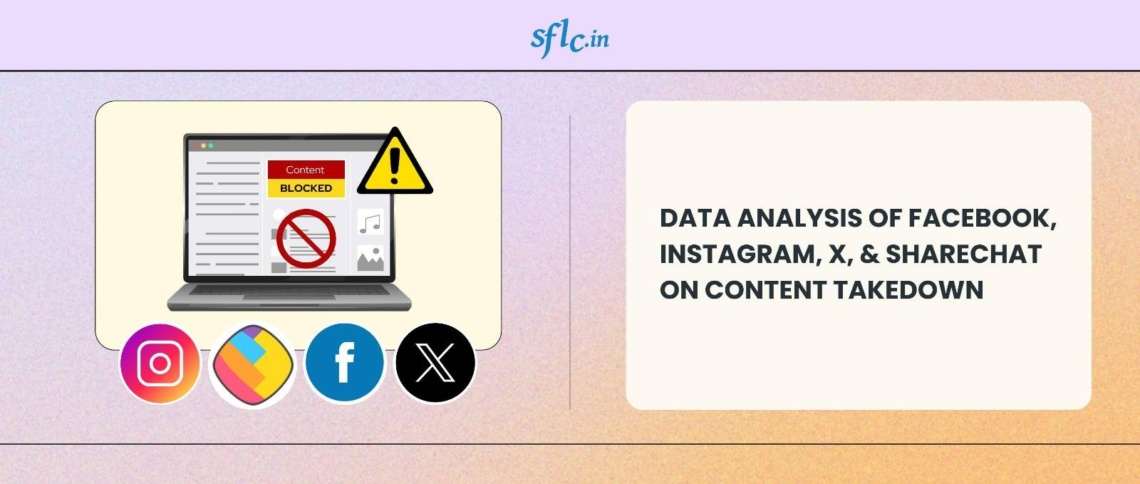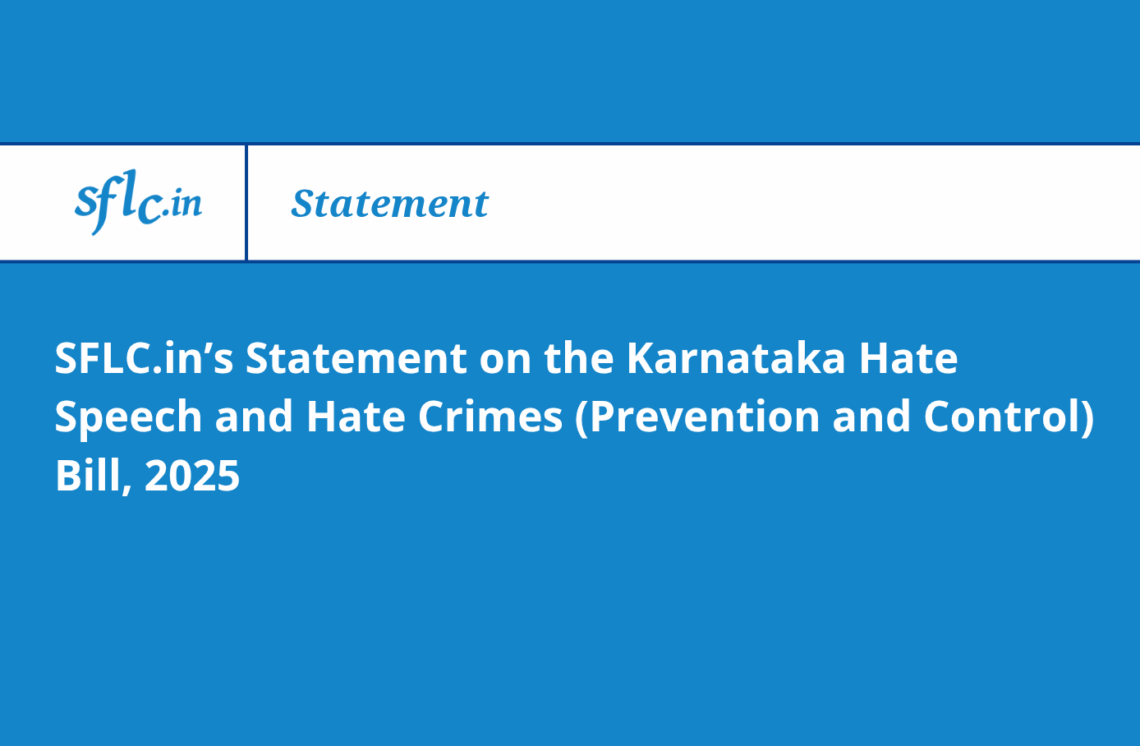Sflc.in participated in the Third South Asian Meeting on the Internet and Freedom of Expression which was held in Dhaka, Bangladesh from 14-15 January 2013 . The focus of the meeting was on the increasing instances of hate speech and the issue of cyber security and surveillance. There were participants from Sri Lanka, Pakistan, Maldives, Nepal, India and the host country of Bangladesh.
It was an enlightening experience to learn about the experiences of those working in the area of Freedom of Expression in other countries in the region. The bottom line of the discussion was that in the region the issue was not Freedom of Expression, but Freedom after expression, or in other words, the security of the person who makes the expression. Unfortunately, the participants were in for a rude shock when in the late hours of the first day of the meeting, we came to know that Asif Mohiuddin, a popular Bangladeshi blogger was stabbed. The incident underlined the fact that true freedom of expression exists only when there is space for unpopular or diverging views.
Now let me give a brief overview of the topics discussed. The first two sessions focused on the issue of hate speech on the Internet. The report on hate speech by the UN Special Rapporteur on the promotion and protection of the right to freedom of opinion and expression, Frank La Rue was the basis for the discussion. Dixie Hawtin of Global Partners & Associates dwelt on the importance of the medium in protecting Freedom of Expression. There was also a discussion on the notion of harm and how that is an important element in devising whether expression can be classified as hate speech. It was pointed out that criticism of politicians will definitely not come under the definition of hate speech.
Professor K.S.Park from South Korea explained the ‘clear and present danger’ test for identifying hate speech. However, this may not be applicable in all countries and in India, the courts have held the test to be not applicable here. Tahmeena Rahman who works with the organisation called Article 19 explained the seven -tier test proposed by their organisation for identifying hate speech.
The session on cyber security and surveillance was interesting with tools like WireShark and technologies like Deep Packet Inspection being mentioned. I opined during the discussion that it is important to introduce encryption and privacy protection technologies to the public. I also introduced the Freedom Box project and explained how that could be the answer to many of our privacy worries.
A topic which evinced considerable interest from the participants and a lively discussion was the issue of anonymity. Pros and cons of user anonymity was discussed. Prof.Park explained the problem of user registration and privacy by showing how the user details of a large number of Koreans were compromised by a security breach and how the information was put up for sale. Rohan Samarajiva raised a contrary point and said that user details are often important in tracking criminals and many crimes are now solved using details of phone conversations.
Well, if you thought Section 66A of the Information Technology Act in India was bad, you have not seen the ICT Act of Bangladesh. Mohammad Shahriar Rahman introduced the provisions in the Act. Section 57 of the Act is produced below: 57. Punishment for publishing fake, obscene or defaming information in electronic form.–
(1) If any person deliberately publishes or transmits or causes to be published or transmitted in the website or in electronic form any material which is fake and obscene or its effect is such as to tend to deprave and corrupt persons who are likely, having regard to all relevant circumstances, to read, see or hear the matter contained or embodied in it, or causes to deteriorate or creates possibility to deteriorate law and order, prejudice the image of the State or person or causes to hurt or may hurt religious belief or instigate against any person or organization, then this activity of his will be regarded as an offence. (2) Whoever commits offence under sub-section (1) of this section he shall be punishable with imprisonment for a term which may extend to ten years and with fine which may extend to Taka one crore
It is interesting to note that in the case of defamation through any other medium the maximum term of imprisonment under the Penal code is two years. Treating the medium of Internet differently from other medium is not an India- specific issue and seems to be an issue in the entire region.
Aditya Prakash Rao introduced the issues related to jurisdiction in the case of cloud based data transfer and the importance of Mutual Legal Assistance Treaties(MLATs).
The meeting concluded with a public function attended by Hasanul Haq Inu, the Minister of Information in the Government of Bangladesh. The Minister made an interesting pronouncement where he said his Government plans to make the right to access to the Internet a fundamental right. The meeting issued a statement condemning the attack on Asif Mohiuddin and requesting the Government to bring the perpetrators of the crime to justice at the earliest.



